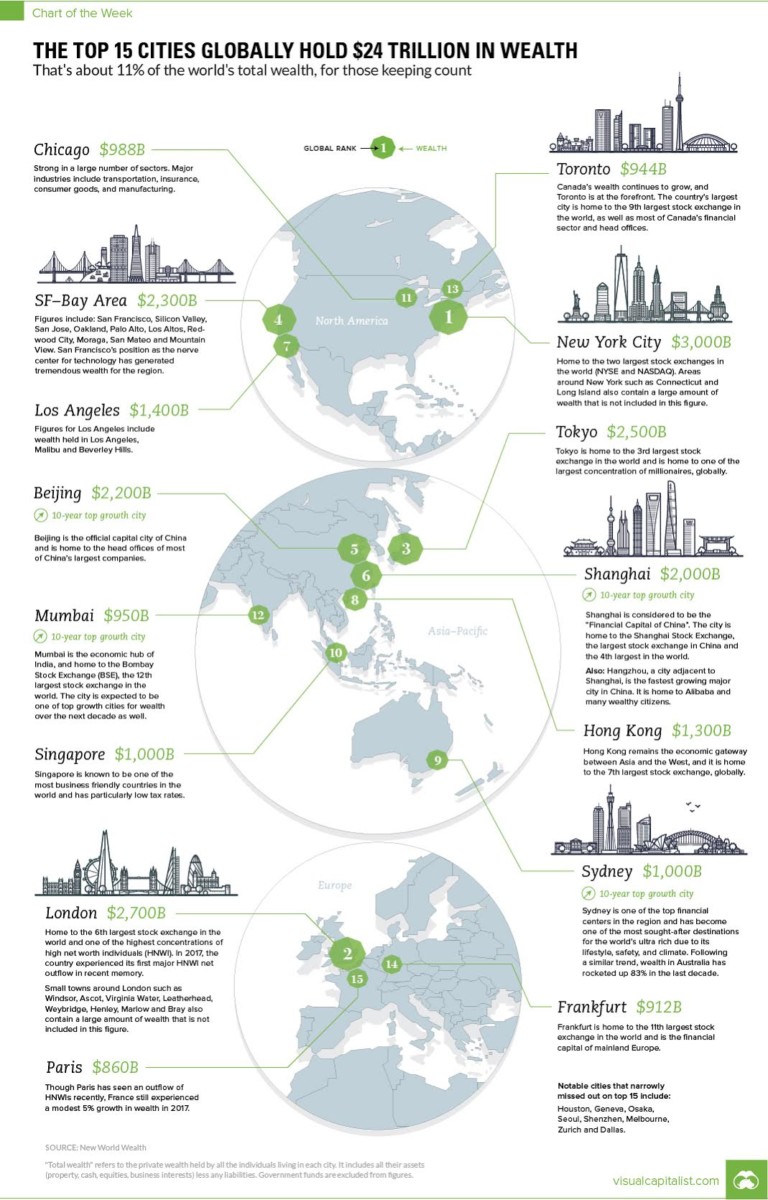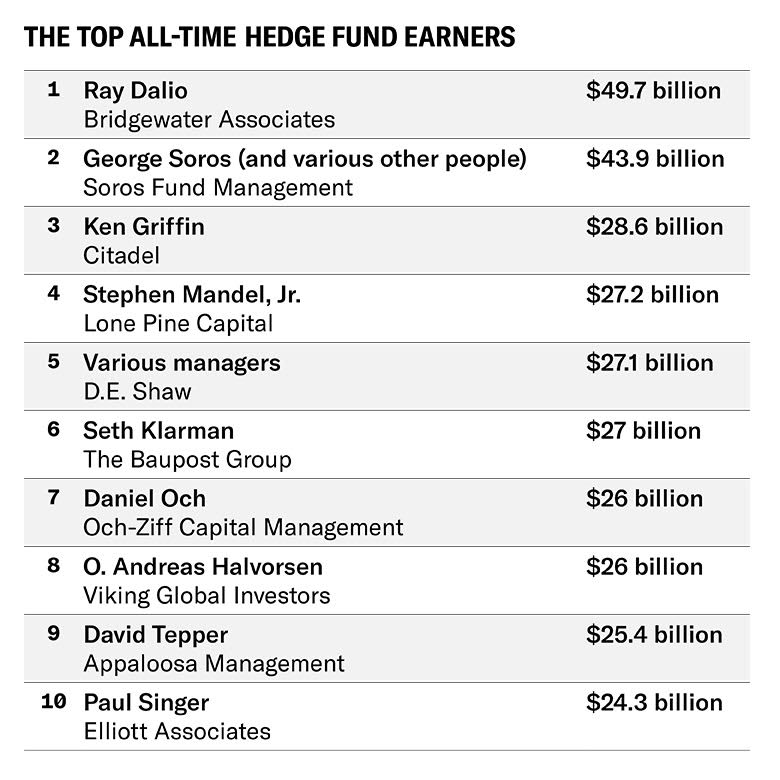
If you are experiencing fear while trading, you will most likely lose



Which side should you be on in the following markets, long or short?
CLUE : they both have something in common….
If you can solve this mind boggling puzzle, you may well be on your road to riches!

I am fascinated by hedge funds for several reasons: first, I admire great talent, skill and expertise in whatever form it manifests itself. Excellence should never be ignored or lightly dismissed. These handful of alpha generators have created an enormous amount of wealth for their investors. To quote Jim Chanos, it is the same few 100 managers today that were also creating wealth when he launched his fund 25 years ago.
Second, this is not a smooth bell curve distribution. The lure of these superstar performers, the appeal of these outliers, is why so many people pour money into the rest of the hedge fund structure, romancing alpha while forsaking beta.
My advice on hedge funds is simply this: If you are invested with a fund that is a consistent alpha creator, then stay with it. But most institutions and HNW investors often seem to be, to quote the Economist, invested in “a compensation scheme masquerading as an asset class.”

There are two parts to fixing any psychological problems:

1. Recognizing that it exists
2. Accepting it so you can move on
In trading, this is where it’s so crucial to take responsibility for your own actions because it induces change and you can start making improvements. If you don’t recognize and accept a problem, then you won’t get anywhere!
What are some of these issues ? Here are a few along with their causes and/or effects:
1. Anger over a losing trade – Traders usually feel as if they are victims of the market. This is usually because they either 1) care too much about the trade and/or 2) have unrealistic expectations. They seek approval from the markets, something the markets cannot provide.
2. Trading too much – Traders that do this have some personal need to “conquer” the market. The sole motivation here is greed and about “getting even” with the market. It is impossible to get “even” with the market.
3. Trading the wrong size – Traders ignore or don’t recognize the risk of each trade or do not understand money management. There is no personal responsibility here.
4. PMSing after the day is over – Traders are on a wild emotional roller coaster that is fueled by a plethora of emotions ranging throughout the spectrum. Focus is taken off of the process and is placed too heavily on the money. These people are very irritable akin to the symptoms of premenstrual syndrome. (more…)
Trading was halted in index derivatives on the Stockholm Stock Exchange today after a monster futures order valued at around $69 trillion appeared in the system, according to Swedish business newspaper SvD Näringsliv.
The “trade” was a buy order for nearly 4.3 billion OMXS30 warrants (valued at nearly 460 trillion kronor), an amount over 131 times Sweden’s GDP. The OMXS30 is the exchange’s flagship stock index, and the error apparently caused enough problems to force a closure of the market.
A report in Investment Europe said that despite safeguards, “somehow the order made its way into the order book, causing chaos for traders.”
SvD Näringsliv’s Gustaf Palm reports (via Google Translate):
According to the Exchange spokesman Carl Norell has no order of that size team into the system. Instead, it is about a parsing incurred in exchange system due to a technical error. The order, Norell writes in an email, anullerades, but still remains a problem why the index derivatives market is closed since just before 10 am this morning.